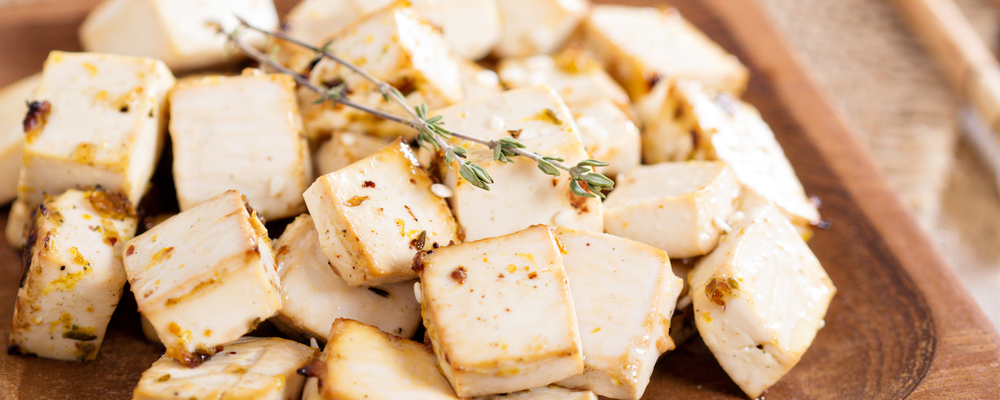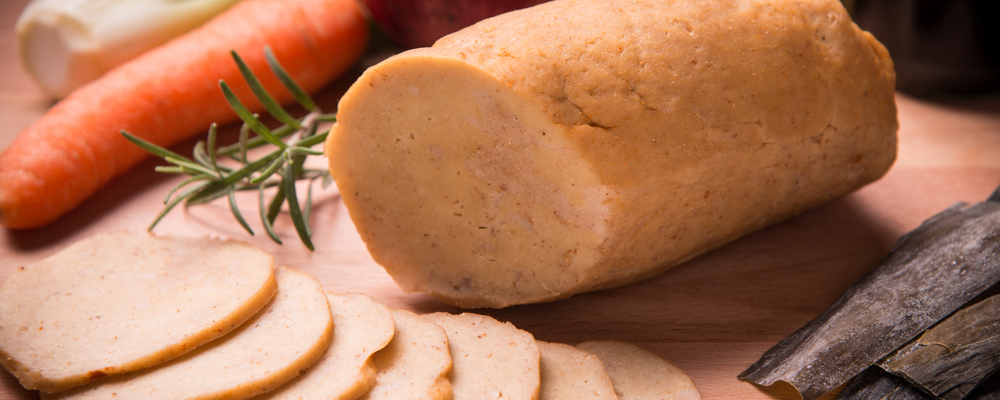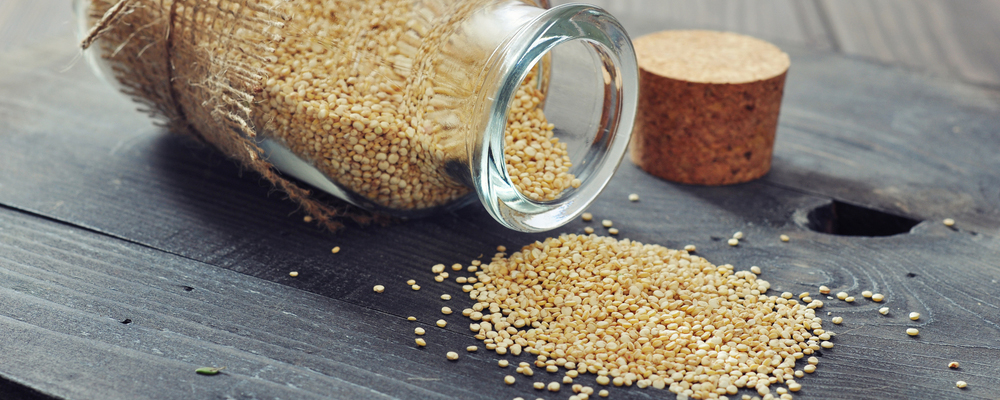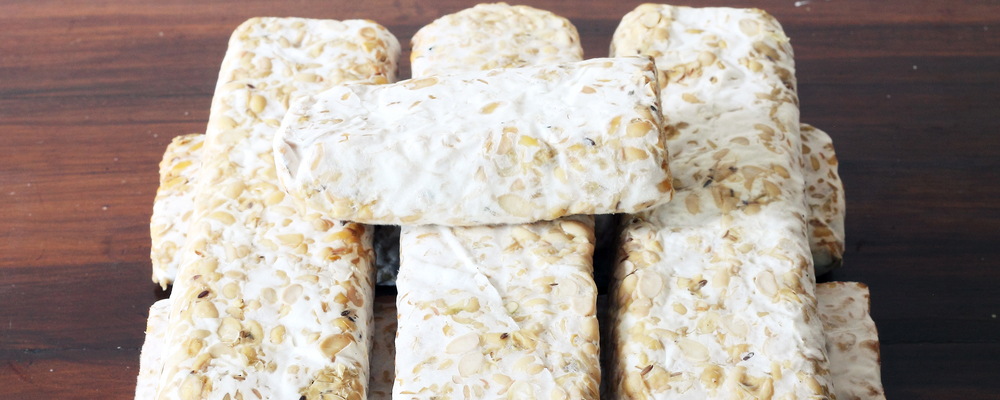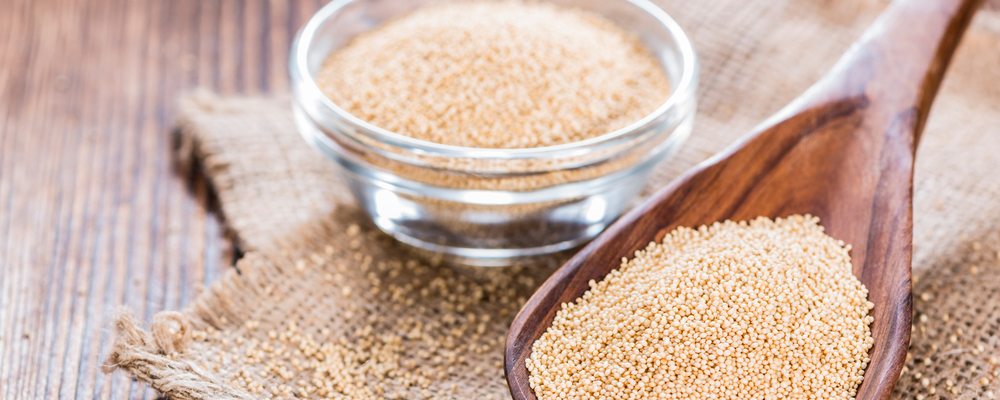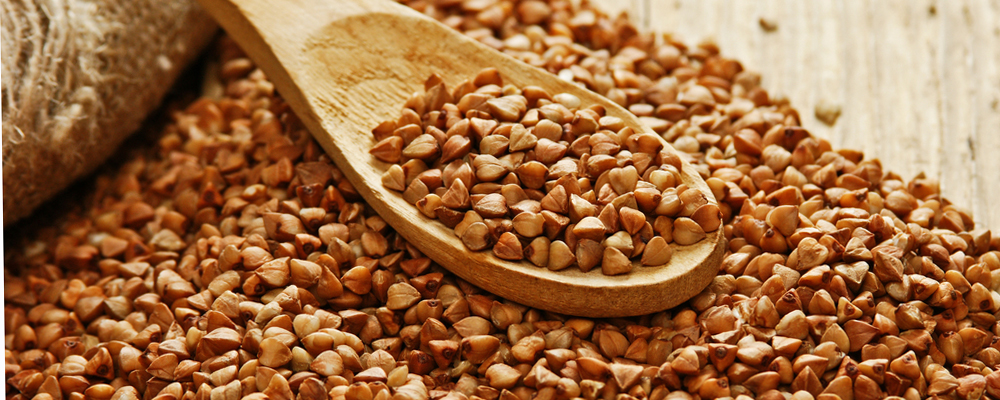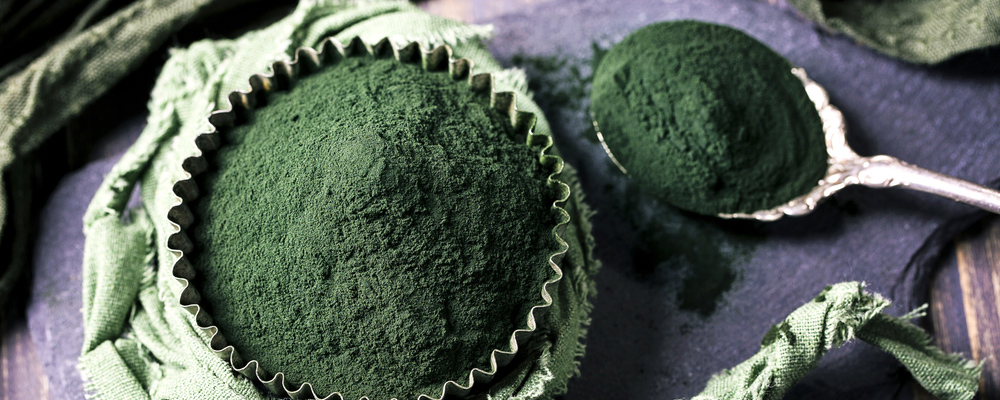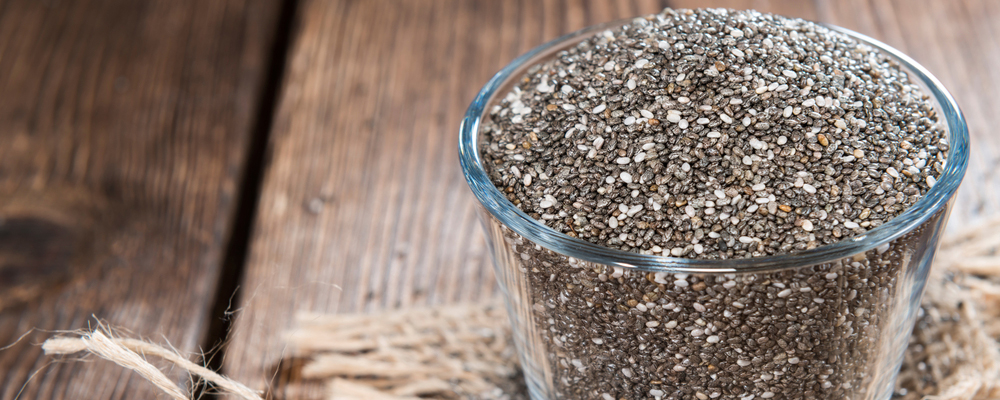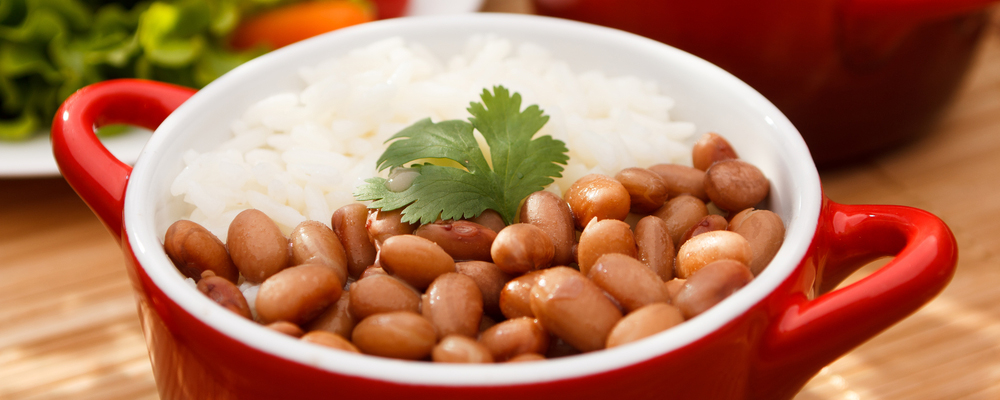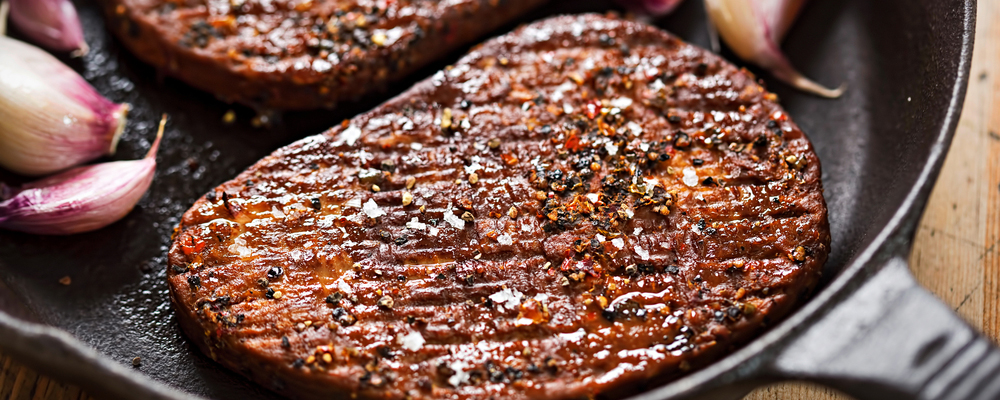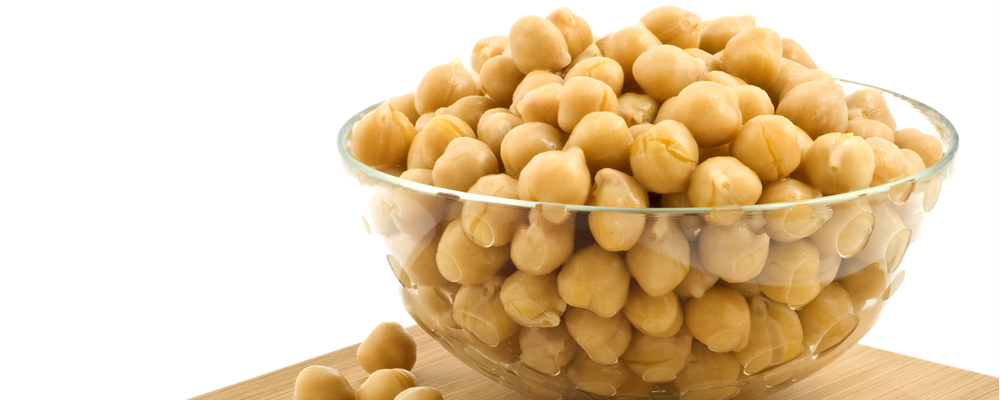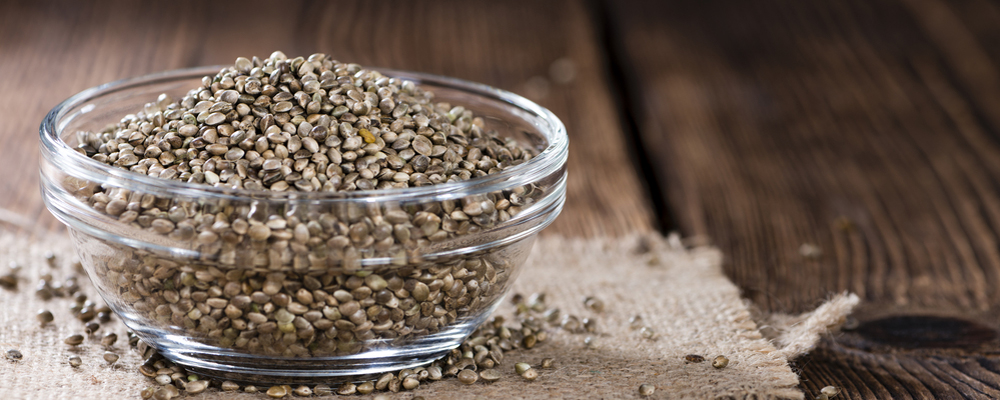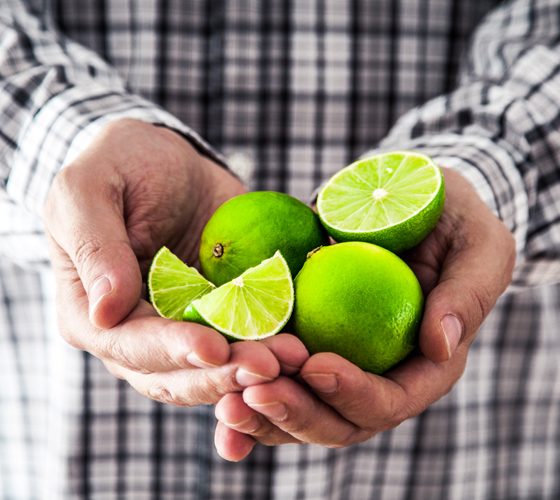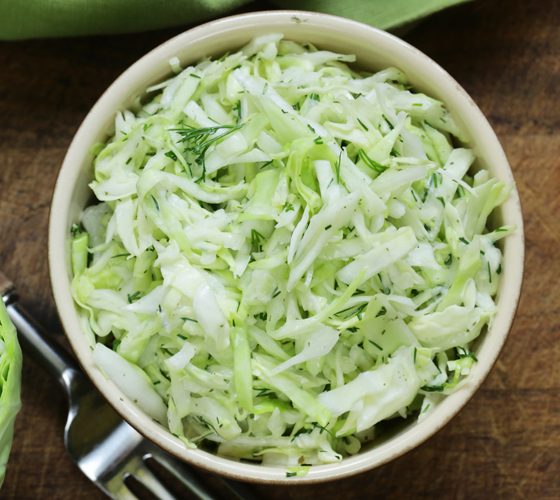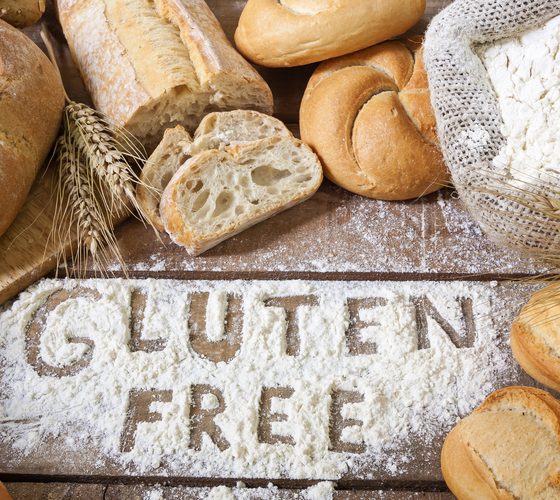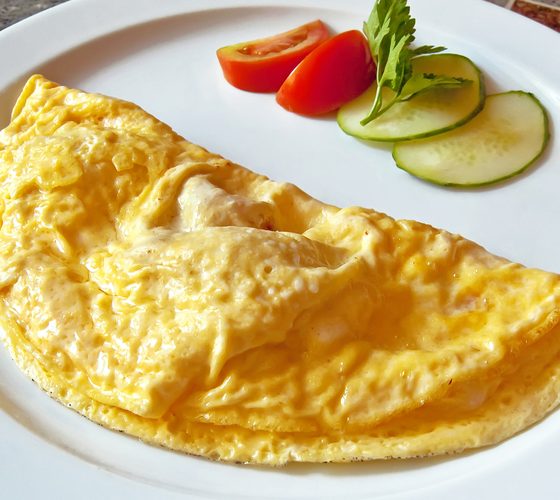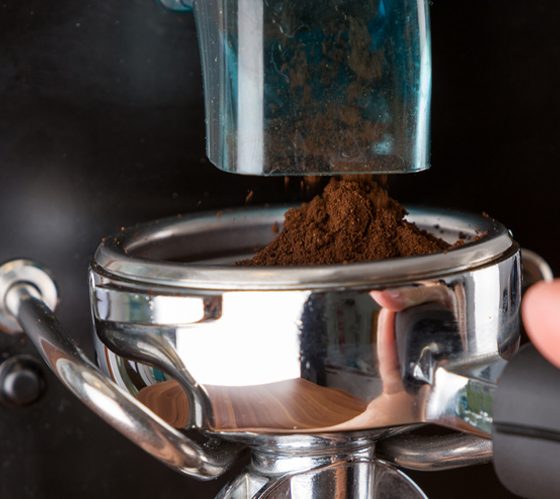Protein is important. There’s no getting around it. You need to have a protein-rich diet to be healthy. Without enough protein, then your body won’t function right. What you eat will define how much protein you take in. For meat-eaters, getting protein into your system is simple, and you’ll be surprised to hear that, for vegans, it’s also simple.
There’s a myth that somehow vegans are incapable of getting enough protein, but that’s false. There is an incredible amount of protein-rich foods that are completely cruelty-free, and therefore acceptable to members of the vegan community. We’re going to look at 13 different vegan-friendly foods that are packed full of protein. If you’re a new vegan, then make sure to eat these foods so that you keep your body well-stocked with protein.
Tofu
Tofu is a meat alternative that’s made from soybeans. It’s packed full of healthy protein. You get between 10 and 19 grams of protein per 100g of tofu. It’s a versatile food that is often used in Asian cuisine. Tofu doesn’t taste of much on its own, but it soaks up the flavor of what you cook it with. When it comes to price, it’s not bad either, as you can purchase an affordable package of tofu from just about any supermarket in the USA and Europe.
Seitan
When it comes to plant protein, then seitan is quite simply the number one. This wheat meat – as some people know it – is chocked full of protein. You get 25 grams of protein per 100g of seitan. Some vegans aren’t keen on seitan because of the texture, which can feel slightly like meat, but this is a cruelty-free meat alternative that’s an excellent choice for non-meat eaters. It’s also readily available from most supermarkets. Just remember, seitan is not gluten-free, so people with gluten intolerance or celiacs shouldn’t eat it.
Quinoa
Not only is quinoa a great source of protein, but it is also a good source of complex carbohydrates, as well as fiber, iron, magnesium, and phosphorous. It’s a healthy grain-alternative that is entirely gluten-free, and you can purchase it at most supermarkets or health stores. It will provide you with between 8 and 9 grams of protein from a 240ml cooked cup.
Tempeh
Tempeh is another vegan, meat alternative that is derived from soybeans. It’s a fermented food that was first created in Indonesia. Tempeh has a completely different texture and taste than tofu, making it better suited to different dishes. It’s very rich in protein, delivering about 21g of protein per 100g of tempeh. It also contains a significant amount of manganese, as well as other healthy nutrients, such as iron, calcium, and Vitamin B2.
Amaranth
People have been eating amaranth for 8,000 years or longer. There’s a good reason why. It’s loaded with protein, providing you with 14g per 100g of uncooked amaranth. In Mexico, snacks are made from amaranth for the Day of the Dead. But you don’t need a special occasion to make a tasty treat out of amaranth, and you can quickly get your hands on it by visiting your local health food store.
Buckwheat
Both amaranth and quinoa are known as pseudo-cereals, and buckwheat is another pseudo-cereal that full of protein. Many people cook buckwheat in the same manner as porridge so that it softens. But there are lots of different methods for getting the best out of this food. When it’s uncooked, then a cup of 168g will deliver 6g of protein that is entirely cruelty-free, making it an excellent choice for vegans.
Spirulina
Dried spirulina is an incredible source of protein that’s fine for vegans to eat. Generally, you eat it as a supplement, or you can add it to smoothies or other blended drinks and foods. The amount of protein that it delivers is eye-watering. You get 57g of protein per 100g, although it’s unlikely that you will be eating 100g of this alga in one portion. Spirulina is full of lots of other great nutrients too. But it’s an especially good source of Vitamin B1 and Vitamin B2.
Chia Seeds
Chia seeds are a very versatile and handy food that vegans adore. You can use them in cakes as a vegan alternative to eggs. And just like eggs, they’re loaded with protein. You’ll get about 4 grams of protein from a serving of 28 grams. They’re ideal for throwing into your morning smoothie, as they’ll give you a protein hit without taking up much space or affecting the taste of your smoothie too much. You can also sprinkle them over meals.
Rice and Beans
If you’re looking for a tasty, cheap dinner that’s got a huge dollop of protein inside it, then rice and beans have to be top of your list. You’ll get about 12 grams of protein from a portion of – combined – rice and beans that weighs 239 grams. They’ll provide you with a substantial amount of the important nine amino acids that you need to get into your diet. And also, they’ll give you some all-important fiber.
Lentils
Lentils are a cost-effective source of protein that is also very low in fat. You can eat Puy, green, or red lentils to get between 8 and 9 grams of protein per 100g. Lentils are incredibly cheap, available at every supermarket, and you can use them in a wide range of recipes. Lentils are a staple food for any vegan, and you only need to thumb through a vegan cookbook to see how many tasty meals are available that contain this versatile pulse.
Mycoprotein
You may not have seen the word, mycoprotein, before, but you certainly know what it is. Quorn is the brand name that’s most associated with mycoprotein. It’s important to state that not all mycoprotein products are vegan, as producers sometimes mix it with eggs or milk. But pure mycoprotein is a protein-rich food that will deliver about 9 grams of protein per 75-gram serving. Mycoprotein products are tasty, and importantly, they are easy to cook, as they have been readily prepared for you. A lot of the time, they only need to be put inside the oven or in a pan to be reheated. You’ll also find mycoprotein and its most famous manufacturer in almost all supermarkets.
Chickpeas
Chickpeas are a great source of protein that you can use in many different recipes. This legume is perhaps most closely associated with Middle Eastern and North African cuisine, but it’s popular all over the world. One of the reasons for its popularity is that it offers a lot of protein for a very low price. A cooked cup of chickpeas that is 240ml will give you about 15 grams of protein. Chickpeas provide a lot of other nutritional benefits, as they’re a carbohydrate too and include a lot of fiber. Chickpeas are a solid food that all vegans should acquaint themselves with.
Hemp Seeds
Hemp comes from the marvelous Cannabis sativa plant that contains so much goodness. Often, this plant is confused with its cousin that gives us marijuana. But these little seeds certainly won’t get you high, as they only have trace amounts of THC in them. They will provide you with a huge protein boost, though. Remarkably, they provide 10g of protein per 28g, making them a more protein-rich seed than chia seeds, as well as flaxseeds.
It’s easy to incorporate hemp seeds into your diet, as they can be sprinkled over foods or put in your daily smoothie. And hemp seeds also contain omega-3, which is often difficult for vegans to get into their system, as it’s usually found in fish. Hemp seeds also contain Omega-6.
Conclusion
If any meat-eater ever tells you that vegans are weak because it’s impossible to get enough protein into their diet without meat products, then all you need to do is to show them this list. It’s proof that there are a huge number of meat-free foods that deliver a huge amount of protein. The great thing about the foods on this list is that they are all affordable and versatile too.

